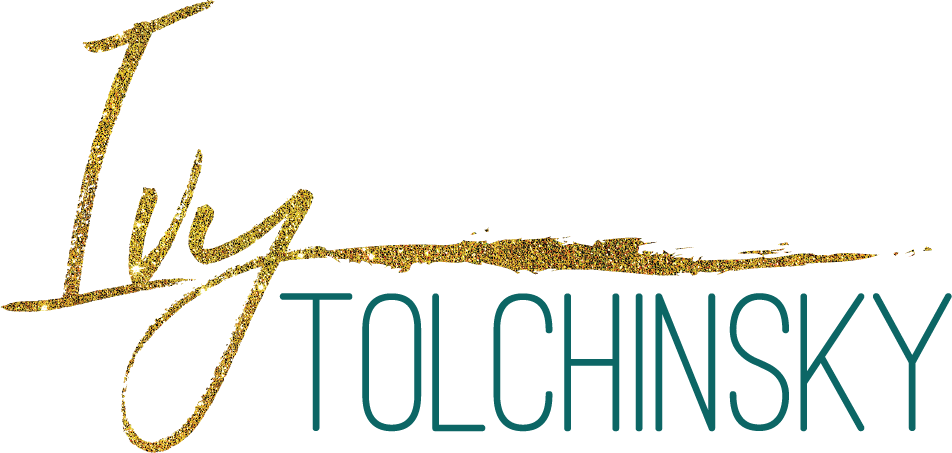
06 Jun Recovery coaching: Why you need it even if you’re not a rock star
Coaching has been around, in a variety of ways, since biblical times. How do you think David was able to take down his gigantic opponent, Goliath, so easily? I’m pretty sure he received some form of coaching to help him develop his winning sling-shot strategy. Over the centuries, coaching has grown into more formal roles. Today we have coaches for sports, business, career, health, the arts, education and life in general. It appears millions of people want help reaching their potential. Why would recovery from addiction be any different?
Recovery coaching, as a paid service, is relatively new but the idea grew from the peer-recovery support -model and mutual support groups in the United States and Europe dating back to the 1700’s -even before Alcoholics Anonymous.
A few hundred years later in the early 2000’s. Addiction specialists, prevention and treatment practitioners, insurance companies and other stakeholders realized they didn’t share a common vision for addiction recovery. After many symposiums and much research, a more person-centred view of treatment was formed and a more lifelong approach to controlling addiction emerged.
Do you have enough recovery capital?
These days we talk about recovery capital; the means that an addict can draw upon to maintain sobriety. This includes that person’s quality of life, family, work situation, financial security, physical and mental health and support system. The more capital one has, the higher likelihood of long term sobriety.
Recovery coaching sprouted from this holistic view of addiction treatment. At first, a recovery coach was seen to bridge the gap between a client leaving treatment and returning to the environment that sent them there to begin with, helping that person deal with many aspects of life. As well, recovery support centres sprung up where people could feel safe after leaving treatment.
Perhaps one of the most influential, foundational thinkers in recovery coaching was Bob Timmins, an ex-con and heroin addict. He started working in the late 1980’s with rock stars and others, stretching the model of traditional 12-step sponsorship, to keep them sober. This is when the term sober coach, sober companion and recovery coach became more well-known. Timmins was merely meeting a need that appears to growing more apparent every year as people look for different options to grow their recovery.
But you don’t have to be a rock star to need a recovery coach. Here’s why:
- Every addict and alcoholic needs a compelling reason to stay sober or relapse is inevitable. Recovery coaching is strengths-based: A recovery coach helps you design your life, nurturing your sober vision of the future.
- It can be useful at any stage of recovery; straight out of rehab as an aftercare program, after a few years of sobriety when you feel it’s time for a change (eg. career, relationship) or even if you notice your drinking and using increasing, and you want to get help before your life comes crashing down.
- Recovery coaching and therapy make good partners. Therapy focus is on healing past wounds. Recovery coaching has eyes on the future. What better combination?
- Not everyone loves the 12-steps. Recovery coaching can be a healthy option if 12-step programs are not your thing. But also compatible with 12-steps if you want to expand your horizons.
- Recovery’s not only about abstinence. Recovery coaching takes into account where you live, your family, your work life, your recovery and your relationships. These all impact your sobriety.
- You can’t dwell in denial forever. A recovery coach works to uncover your blind spots and build self-awareness. The coach draws out the learning and puts you in the driver seat.
- You start strong but you have trouble following through. A recovery coach keeps you motivated and accountable for your actions. Coaching can cut the learning curve, helping you attain your goals more quickly with less wasted energy.
- You’ll to feel more empowered, confident and self-reliant. Discover strengths and talents you may have forgotten( or never knew you had) in active addiction. Communication with family, friends and co-workers will go more smoothly.
- Less procrastination, more action. A recovery coach helps you set better goals, make healthier choices and take more action to achieve positive results
David beat Goliath and went on to become King. Bob Timmins expanded the meaning of sober living and coached hundreds of people who otherwise would not have made it. Is it time for you to give recovery coaching a try?
Schedule your 30-minute complimentary session to see if My Resilient Recovery coaching is right for you. BOOK NOW

No Comments